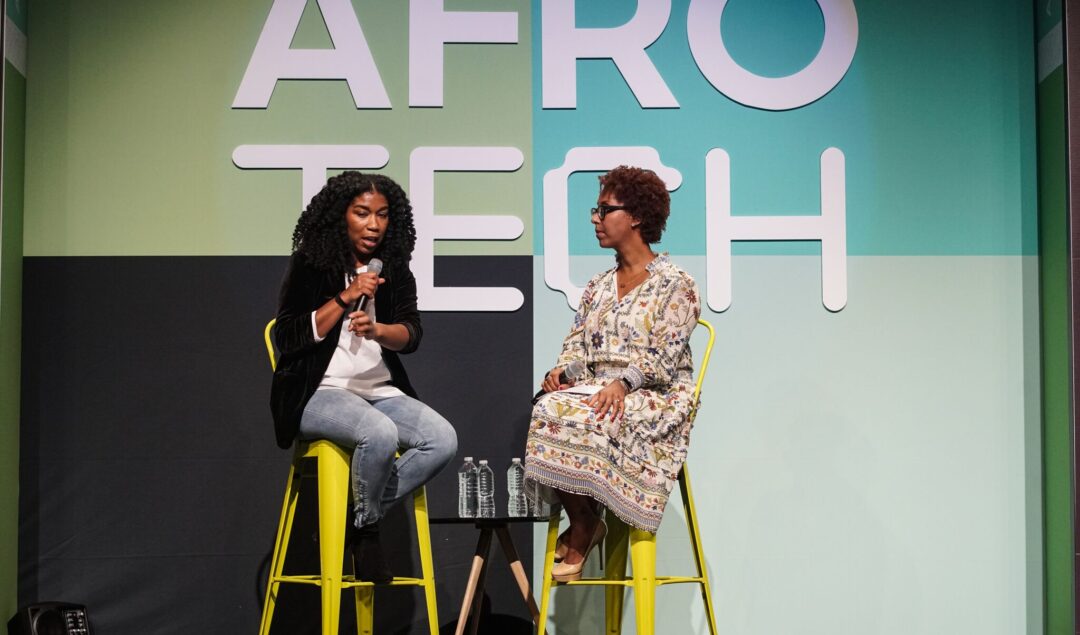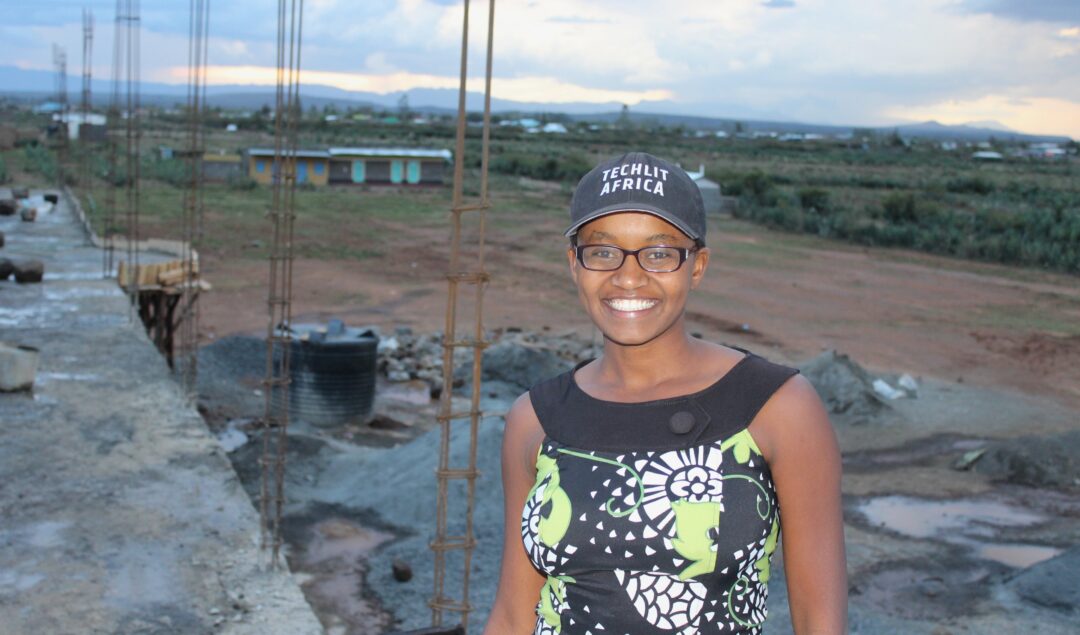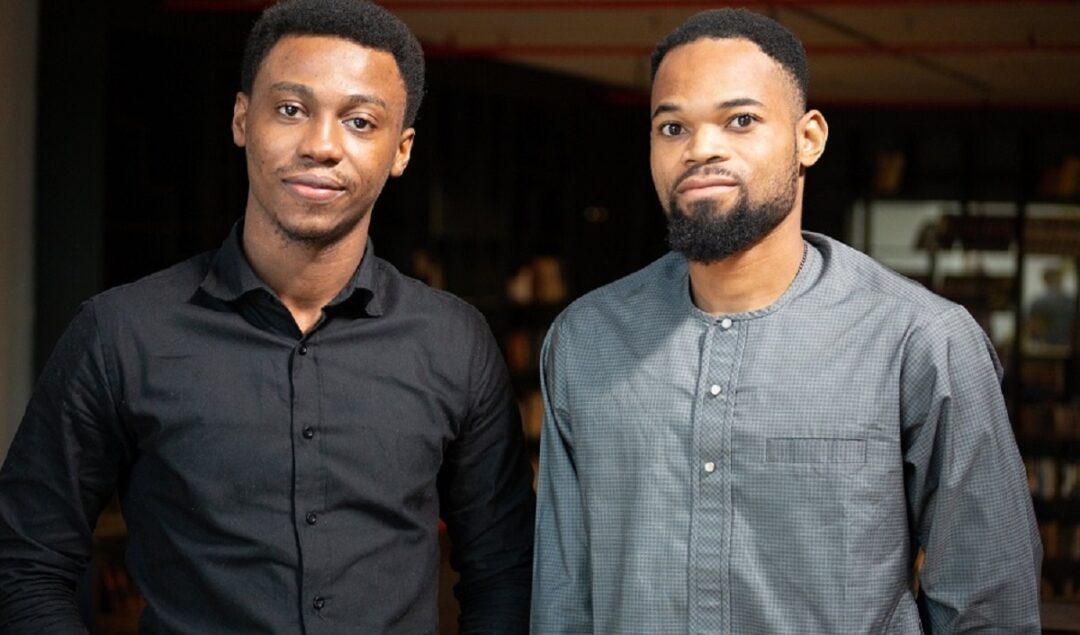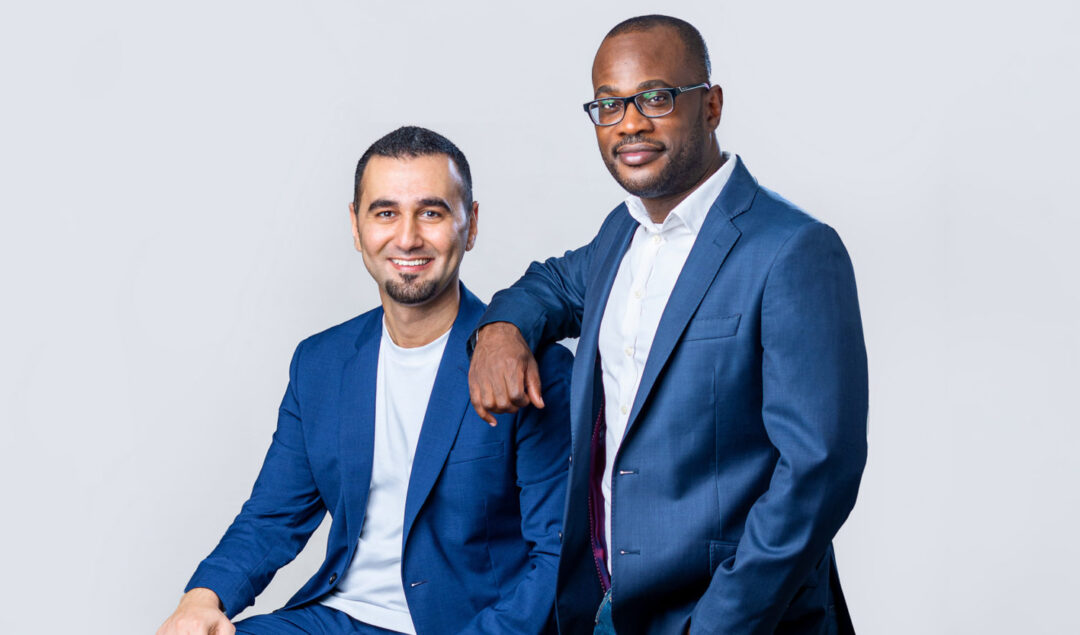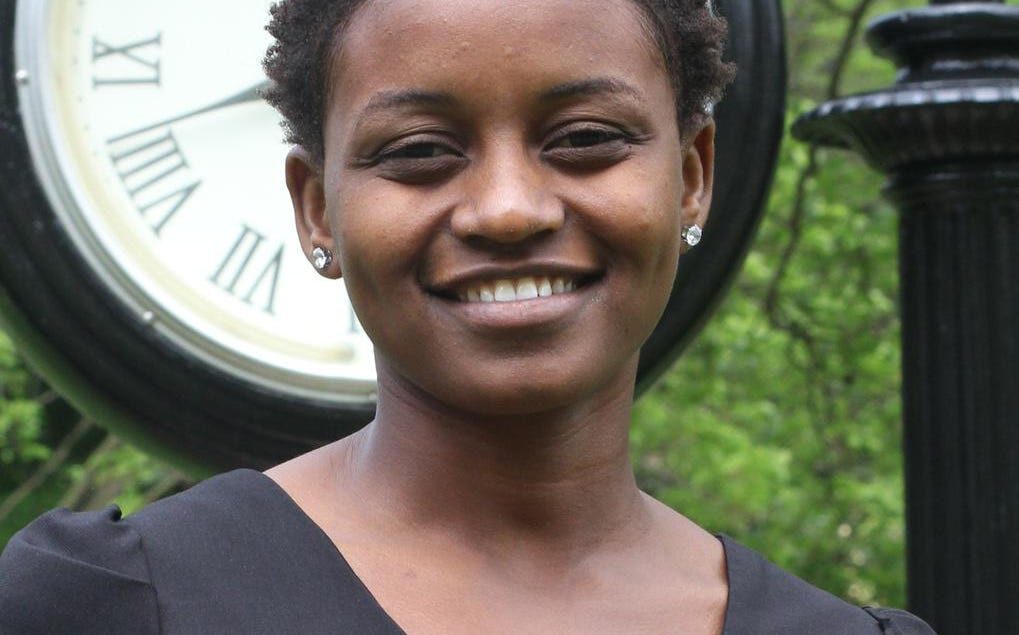An annual conference for Black tech entrepreneurs — reportedly the largest in the country — is relocating from the West Coast to Austin. Due to the pandemic, organizers switched AfroTech’s event from an in-person event to a virtual event in 2020 and 2021. But now – it’s back in person. Black Americans continue to be underrepresented in the science, technology, engineering, and math sector. According to the Pew Research Center, Black workers account for only 9 percent of the country’s STEM workforce but 11 percent of the entire workforce. “Black
According to The Big Deal, less than 1% of all VC dollars went toward startups with one or more women founders last year, details investments in Africa. However, on a more positive note – depending on how you look at it, founding teams counting women and men as members raised 17% of VC investments in Africa in 2021. But the lack of investment in women-founded startups isn’t new. If we took a look back almost a decade ago – according to Briter Bridges, another publication that tracks VC investments in
TechLit Africa redistributes recycled technology to build computer labs in African schools. With 4,000 students and 20 teachers, the organization has built 10 computer labs in rural Kenya and is working on the next 100 computer labs. Nelly Cheboi, who grew up in a poor rural village in Kenya, landed a full scholarship to study computer science at Augustana College in Illinois and later built a school in Kenya, Zawadi, where she then started TechLit Africa. The program is unique because it teaches relevant classes; they hire local teachers to make
Briana Marbury, executive director of the Interledger Foundation has spoken candidly with POCIT for an in-depth interview. As one of the only Black women leading the major tech philanthropy, she is overseeing a $100 million foundation and the Grant for the Web fund that has already committed more than $10 million to projects around the world. Growing up in Detroit, she witnessed the lack of financial access that many people who were living below the poverty line endured, forcing them to use predatory check-cashing services and now she’s working directly
Kanye West has added ‘social media guru’ named Jason Lee, the founder-CEO of Hollywood Unlocked, to his team under the title of head of media and partnerships. It comes after Lee had a bit of a controversial moment this year when Hollywood Unlocked went with a false report that Queen Elizabeth II had died of Covid-19, a story he initially defended as well-sourced before having to back down after it was clear that she was in fact alive. The official announcement of Lee’s hiring says that “as Ye builds out
Curacel, the YC-backed startup developing insurance infrastructure for the African market, has launched a new interface that allows digital businesses like those in retail, fintech, e-commerce, and logistics to add insurance to their core products. Dubbed Curacel Grow – the new product is an embedded insurance product that empowers technology companies to seamlessly offer insurance as part of their existing products and services. The Nigerian insurtech startup is launching Grow to support insurance distribution to millions of Africans through partners like Barter by Flutterwave, Float, Payhippo, and other leading technology companies. Insurance
Less than 1% of investment went to teams of Black entrepreneurs, according to the Extend Ventures report which also noted that across the 10-year period “a total of 10 female entrepreneurs of Black appearance received venture capital investment (0.02% of the total amount invested)… with none so far receiving late-stage funding”. Despite these odds, young Black women founders in the UK are helming businesses and driving innovation in areas as diverse as beauty, e-comm, and real estate, and total a total of 16 Black women have raised funding. Both inside
Bloom — not to be confused with the Robinhood-like app for teenagers in the US — is a fintech firm that offers a “high-yield” savings account, free FX, and adjacent digital banking services so customers can save in a stable currency, the dollar, and spend as they go in local currencies. The company, which was founded by Ahmed Ismail, Youcef Oudjidane, Khalid Keenan, and Abdigani Diriye in late 2021, today, announced that it is part of Y Combinator’s Winter 2022 startup batch after receiving early admittance last July. Bloom, which only launched last week from stealth, raised a pre-seed
DrugStoc, described as Nigeria’s leading health tech platform, is focused on improving access to quality and affordable pharmaceuticals for healthcare providers and professionals on the continent. Africa’s pharmaceutical market is primarily known for its broken supply chain and chaotic distribution channels, which affect the delivery of quality medicines, affordability of pharmaceuticals, and efficient healthcare delivery for health workers. Each year, at least 150,000 Africans die from substandard and counterfeit medications and an even more significant number due to lack of access to affordable medicines. Launched in 2017, DrugStoc currently has
TechLit Africa redistributes recycled technology to build computer labs in African schools. With 4,000 students and 20 teachers, the organization has built 10 computer labs in rural Kenya and is currently working on the next 100 computer labs. Cheboi, who grew up in a poor rural village in Kenya, landed a full scholarship to study computer science at Augustana College in Illinois and later built a school in Kenya, Zawadi, where she started TechLit Africa. When speaking about her startup, she says: “I grew up in rural Kenya, Mogotio. The

